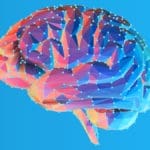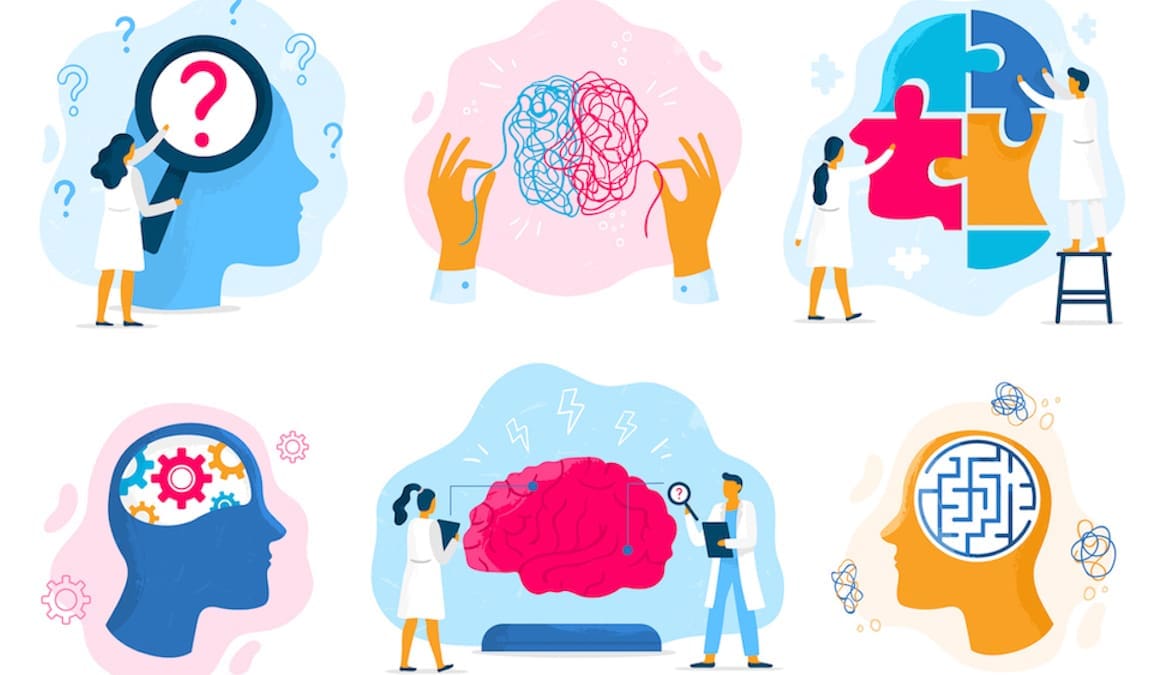If you’ve been thinking about trying transcranial magnetic stimulation, you’re probably wondering, “Is TMS an alternative treatment for depression?” While it may not be as popular as psychotherapy and regular treatment with antidepressants, TMS is a recognized and FDA-approved treatment for depression.
What is an “Alternative Treatment”?
Though definitions can vary, “alternative treatment” can be used to describe any form of healing or treating disease that’s not included in Western medical curriculums. The term can often be used interchangeably with “integrative medicine” or “complementary medicine.”
The exact boundaries of what is considered an alternative treatment change as doctors and researchers continue to test new therapies and these therapies gain mainstream popularity. Some examples of alternative therapies include chiropractic medicine, reiki, and herbal medicine.
Alternative Treatments for Depression
The most widespread treatments for depression are medicine and psychotherapy. Prescription types include selective serotonin reuptake inhibitors (SSRIs) and serotonin and norepinephrine reuptake inhibitors (SNRIs). While these options are beneficial for many, some patients do not respond to regular psychotherapy or prescription medication.
This lack of effectiveness from traditional treatment options can lead patients to try alternative treatments for depression, including herbal supplements like St. John’s wort, meditation, and yoga. While many people have seen improvements in their mental health from these treatments, studies from researchers are mixed and do not provide conclusive evidence. Additionally, many so-called “natural treatments” have not been tested extensively for interference with other medications, so their long-term effects are unknown.
Fortunately, there is another option for patients whose depression has not been relieved by prescription medicine or psychotherapy. TMS has been in use since 1985 and is considered a safe and noninvasive treatment for depression by the Food and Drug Administration.
Is TMS an Alternative Treatment for Depression? No.
While TMS came into its own as a treatment in 1985, when Dr. Anthony Barker created the first transcranial magnetic stimulation device, the treatment is linked to research that dates back to the 1930s. In the 1990s, scientists proved that TMS was an effective treatment for depression. In 2008, the FDA approved the use of TMS for depression, and since 2010, TMS is listed as a mainstream depression treatment by the American Psychiatric Association. Many insurance plans cover TMS as a recognized treatment for depression. TMS has also been used as an effective therapy for bipolar depression.
How TMS Works
TMS is one of the most effective procedures available today for treating depression. It works by using a coil to send magnetic pulses into the patient’s dorsolateral prefrontal cortex. These pulses help regulate discrepancies in brain activity between the brain’s hemispheres. TMS can work to treat low activity in the left dorsolateral prefrontal cortex, which is often connected to major depressive disorder.
TMS is Safe and Noninvasive
Transcranial magnetic stimulation therapy is proven to be safe and noninvasive, with only minimal side effects. Patients stay awake throughout the entire twenty- to forty-minute procedure and are able to return afterward to work or their everyday routines. Some side effects of TMS include headaches and lightheadedness, but these symptoms generally dissipate quickly following treatment.
There is no memory loss associated with TMS, and the magnetic field exposure throughout the course of treatment is less than that on one MRI scan. Transcranial magnetic stimulation is also a safe procedure for those who continue to take antidepressant medications.
While it is safe for most people, you should not get TMS treatment if you have any metal implants in your head or neck.
Schedule a Consultation with Mid City TMS Today
If you want to learn more about TMS, schedule a consultation with Dr. Bryan Bruno and his team of experts today. Dr. Bruno has helped hundreds of patients get relief from depression with TMS. Conveniently located in Midtown Manhattan, Mid City TMS can help you treat depression.



